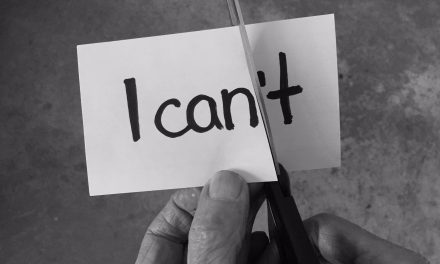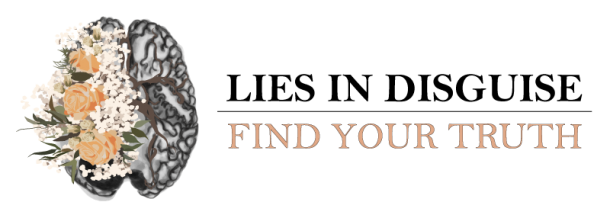Distorted thinking can be defined as any reasoning process that distorts reality.
These silent conversations in the mind – self talk, can reveal the various forms of distorted thinking you use by taking notice of specific words or phrases present in your thoughts or speech.
Mindfulness is a skill that involves being able to obtain an honest self-awareness. An awareness of your thoughts and being able to courageously confront them; recognizing where they may be flawed and how they may be damaging to you and your relationships.
Often, what prevents us from progressing in recovery and resolving our emotional pain, is our inability to slow down enough to hear our own inner voice. Also, if that inner voice is telling us lies and we willingly accept it as truth, without ever examining it with a realistic lens, that too can hold us back.
Once you have achieved mindfulness and can observe your thought patterns, you next have to become your own friend – and in a way, your own therapist. It is possible, while holding compassion for yourself as you would for someone else, to persuade yourself that certain thoughts are unreasonable.
Since our thoughts of ourselves can be critical and deceiving – it is good to come up with some positive self-talk to counteract the negative when we catch ourselves saying unkind things. Some people have a favourite phrase, quote, or mantra, that they use consistently to get them to snap out of that negative feedback loop.
A quote that resonated with me is:
“Pain is inevitable; suffering is optional.”
For me, this translated as: when things happen that I cannot control, I must focus on what I can control.
It made me realize that most of the time I contributed to my own suffering. Dragging out the emotional pain by not facing the truth. (My choice to avoid pain) Yes, pain in life isn’t always preventable, but whether to suffer for a lifetime over it IS a choice we make.
In the same way, having a mental illness is not a choice, but, recovery definitely, is. Sometimes we may need to make that choice every single day. Since BPD traits are heavily entrenched in distorted thinking. Changing distorted thinking takes concentrated effort. Maybe you are not familiar with this practice. Or perhaps you are and would like to master your skill of mindfulness further, which ever the case, I’ve provided an educational training resource HERE.
Repetition is key to creating new brain patterns because by adulthood our brain becomes more rigid, and it’s harder to make these new pathways – and, when we become elevated in mood (fight, flight, freeze), our brain automatically goes back to what it’s always used and no longer is it a matter of making a cognitive choice.
The good news is, that every time you confront and overcome distorted thoughts, you strengthen those new brain pathways that will solidify new patterns, and eventually, they’ll become automatic. If you persevere, the skill of mindfulness will become a natural response instead of an uncomfortable, forced obligation.
Warm regards,
Oriana
xo
Keep healing, keep growing, keep finding your truth.









Recent Comments